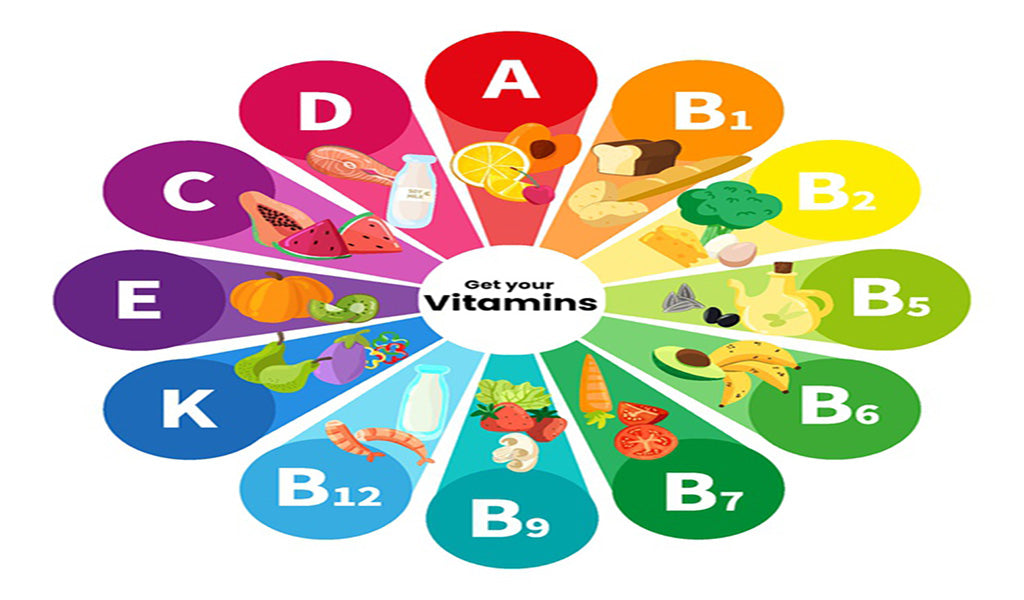Prostate health is a growing concern for many men as they age, prompting a surge of interest in various supplements aimed at promoting wellness in this vital area. Among the numerous options available, herbal supplements and vitamins stand out as two popular choices.
Each group boasts an array of proponents who advocate for their respective benefits, but how do they truly compare? Herbal supplements, such as saw palmetto and pygeum, have long been celebrated in traditional medicine for their potential to alleviate prostate discomfort and support overall urinary function. On the other hand, vitamins like zinc and vitamin E are often heralded for their role in cellular health and immune support.
Navigating the landscape of these options can be daunting, as consumers seek effective solutions tailored to their needs. In this article, we will explore the distinctive characteristics, scientific backing, and potential side effects associated with both herbal supplements and vitamins, ultimately shedding light on which may be better suited for enhancing prostate health.
What Are Herbal Supplements?

Herbal supplements are derived from plants and have been utilized for centuries in various cultures as natural remedies to promote health and well-being. These products can come in many forms—such as capsules, powders, tinctures, or teas—and they often feature a blend of herbs that are believed to support specific bodily functions or alleviate certain health issues.
Unlike vitamins, which are essential nutrients needed in small amounts for the body’s normal functioning, herbal supplements can offer a wider range of bioactive compounds that may interact synergistically within the body. For prostate health, certain herbs like saw palmetto, pygeum, and stinging nettle have gained popularity, purportedly helping to manage symptoms associated with benign prostatic hyperplasia (BPH) and other prostate-related conditions.
However, the efficacy of these supplements can vary widely, leading many to question the balance between the conventional therapeutic benefits of vitamins and the multifaceted potential of herbal remedies.
The Role of Vitamins in Prostate Health
 Vitamins play a pivotal role in promoting prostate health, serving as essential nutrients that can help mitigate the risk of various prostate-related issues. For instance, Vitamin E, a powerful antioxidant, has been linked to improved prostate function, potentially protecting cells from oxidative damage.
Vitamins play a pivotal role in promoting prostate health, serving as essential nutrients that can help mitigate the risk of various prostate-related issues. For instance, Vitamin E, a powerful antioxidant, has been linked to improved prostate function, potentially protecting cells from oxidative damage.
Meanwhile, Vitamin Ds influence on cellular growth and differentiation unveils its intriguing relationship with prostate cancer prevention. Furthermore, a deficiency in certain B vitamins, such as folate, may increase the risk of prostate problems, underscoring the importance of a balanced intake.
However, the intricate interplay between these vitamins and prostate health is not merely a game of addition; it is a delicate balance where too much of one may adversely affect the benefits of another. Thus, a holistic approach, combining vitamins with other dietary components, can yield a more comprehensive strategy for maintaining prostate vitality.
Risks and Side Effects of Herbal Supplements and Vitamins

While herbal supplements and vitamins are often hailed for their potential health benefits, it’s crucial to consider the risks and side effects that can accompany their use, particularly in relation to prostate health. Many assume that because these products are natural, they are inherently safe; however, this is a misleading oversimplification.
Herbal supplements, for instance, can interact with prescription medications, resulting in adverse effects that may worsen existing conditions or lead to new health issues. Furthermore, the potency and purity of herbal products can vary dramatically, with some containing undisclosed ingredients or harmful contaminants.
Vitamins, on the other hand, can pose risks of toxicity, especially when taken in excessive amounts; fat-soluble vitamins, like A and D, can accumulate in the body and cause serious harm. Overall, while the allure of herbal remedies and vitamins is strong, individuals considering these options for prostate health should proceed with caution and consult healthcare professionals to tailor their approach safely and effectively.
Conclusion
In conclusion, the choice between herbal supplements and vitamins for prostate health ultimately depends on individual needs and preferences. While both options have their unique benefits, its essential to consider factors such as absorption rates, specific health goals, and individual body responses.
Herbal supplements like Prostalite may provide targeted support by harnessing the power of natural ingredients, while vitamins can help ensure that the body receives key nutrients needed for overall well-being. Consulting with a healthcare professional to tailor a regimen suited to your lifestyle can lead to the best outcomes in managing prostate health.
Ultimately, maintaining a balanced approach that considers diet, regular check-ups, and informed supplement use will be the most effective strategy for promoting prostate wellness.




